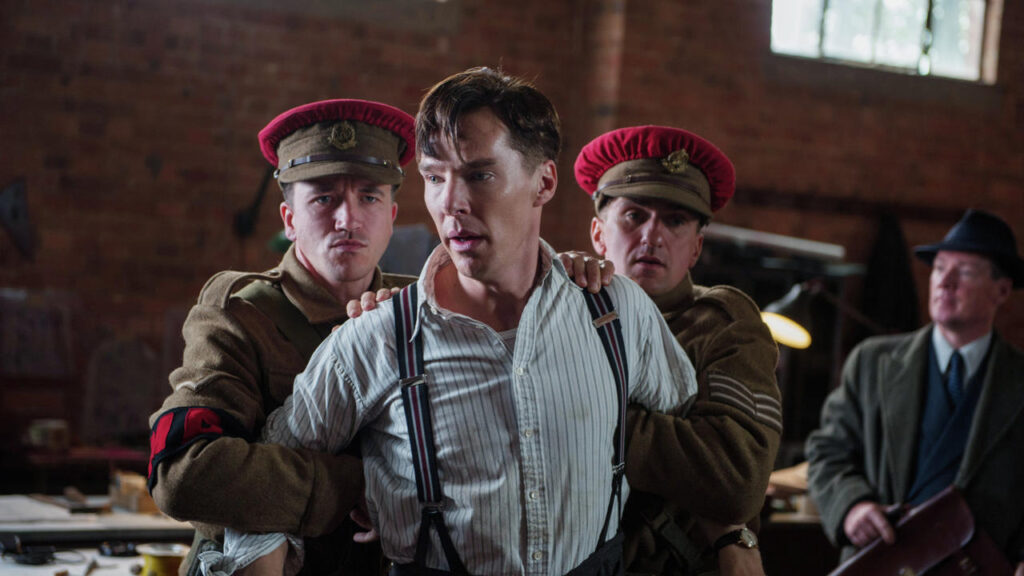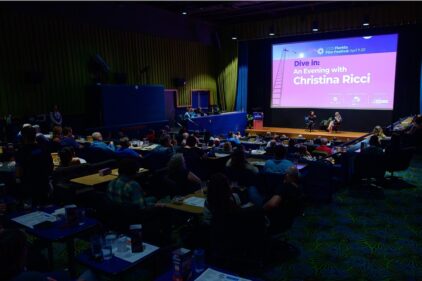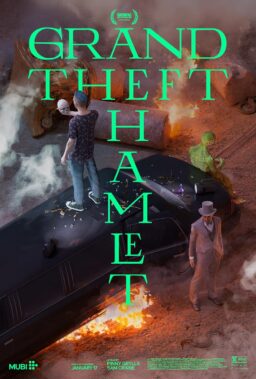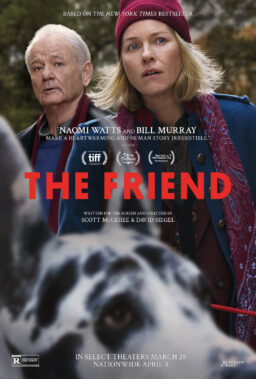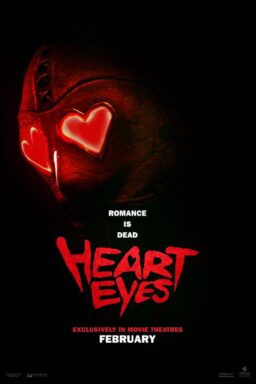Opinions at film festivals rarely reach consensus, given how fractious and divided personal tastes run. Trends are easier to capture. Among the new crop of films being screened this weekend, highly touted ones have included “The Imitation Game”, “The Price of Fame,” and “99 Homes,” a significant critical comeback for director Ramin Bahrani after “At Any Price.”
Norwegian director Morten Tyldum detonated critical and public consciousness with his lively “Headhunters,” two years ago. He returns with “The Imitation Game,” debuting this weekend. “That was good,” a woman said after the film’s Sunday afternoon screening at the Palm.
Tyldum’s film taps the right emotions in telling the invigorating and haunting story of Alan Turing, the brilliant mathematician whose blinding, egomanical genius proved crucial for British intelligence’s deciphering of the Nazi’s encrypted military communications, changing the course of World War II. His post-war experiences left this singular man broken and defeated.
The movie is the big awards contender for the Weinstein Company, and the trade reviews and other prominent Oscar bloggers have already called Benedict Cumberbatch’s lead performance as the tragic figure a top-flight Best Actor contendor. It’s middlebrow in the best sense, lively and intelligent and sharply produced.
It is also pretty square and uneven. Like a lot of the Weinstein films, it’s more of a producer’s film than a director’s film. The polish and character emerge in the craftsmanship and the force of the players rather than the dominant stylistic personality of the director. The script, by the talented young writer Graham Moore, frames the subject through the perspective of a 1951 robbery at Turing’s flat that prompts a police investigation and the discovery of his homosexually, formally outlawed in Britain until the late 1960s.

The strongest material is the detailing of the prickly individualists working in secret at Bletchley Park and tasked with breaking the military communications code that the Allies deemed “unbreakable.” Having come into possession of the Enigma, the daunting challenge confronting Turing and his collaborators was solving the almost mathematically infinite variations and permutations of the settings, which changed daily.
Turing’s asocial manner, natural astringency and solitary coldness alienates the rest of the group, even brings suspicion when the prospect of a Soviet mole is introduced. The film’s most interesting relationship is the complicated byplay of Turing and Joan Clarke (Keira Knightley), the lone woman in the group. Moore sharply teases out the natural affinities between the closeted gay man and the woman socially and professionally marginalized despite her commanding intellectual competence.
The best and most electrifying moment is a trenchant and engrossing sequence that begins in a kind of off-handed action of flirtation and sexual banter and ends with the realization that the super-expensive “machine” Turing has created has achieved a thrilling, remarkable scientific breakthrough.
Knightley has long been one of the most interesting actors around. Her style, mixing the flamboyant and the cold, is fascinating to behold. Cumberbatch’s performance is, I think, open to question, divisive and mercurial and likely to sustain the interest in the film. His performance certainly commands the center, but it is also, at times, a very distracting one, mannered and almost too self-declamatory, the acting with a capital A brand of performance. Still, the movie is now clearly out there and open for interpretation. Attention must be paid.

Introducing his new film, “The Price of Fame,” the excellent French director Xavier Beauvois called it a celebration of American cinema. It’s a jewel of a film, beautfiully directed and wonderfully acted, demonstrating a fine and acute sense of film history and also mixing tones with a felicity that in its finest moments reaches the pure and lyric.
Like “The Imitation Game,” the movie is taken from actual experience, centered around two socially displaced European emigres who plotted to steal the recently interred remains of Charlie Chaplin in order to extact a ransom. The story is set over a wintry Christmas season of 1977, in a quiet shoreline of Switzerland. The mischeviously sly and fantastically skilled Belgian comic actor Benoit Poelvoorde is the recently paroled small-time crook Eddy who dreams up the absurd criminal plot to alleviate the financial hardship of his friend and benefactor, Ousman (Roschdy Zem), who’s reeling over the staggering bills incurred for his wife’s hospitalization.
Beauvois, who’s also a very capable actor, contributed to the script. Stylistically and tonally, the movie works in a much different register than his somber work of religious intolerance (“Of Gods and Men“) or his intensely realistic cop thriller (“Le petit lieutenant”). The plot riffs on classics like “Big Deal on Madonna Street,” but here rendered in a more generous and even ecstatic sense of wonder.
Poelvoorde is one of the marvels of French cinema who really deserves to be known here. He has the classic elastic features of the cinema clowns, like Chaplin and Keaton, a point Beauvois brings home with a vengeance with a late, momentum-shifting, secondary plot about a beautiful circus owner (Chiara Mastroianni) who turns up as a romantic entanglement. Zem is the straight man who’s proud and defiant and also a lot more explosive in his temperament. The physical constrast of the two is elegantly staged though also disruptive and anarchic in its comic impulses (the sad sack exchanges with the Chaplin family and cops over the ransom demands is worth the price of admission).
Finally, Beauvois is a man of the cinema, and he works in magical allusions to Chaplin masterpieces like “The Circus” and “Limelight” that give the melancholy, rueful glances a sharp and painful sting.

